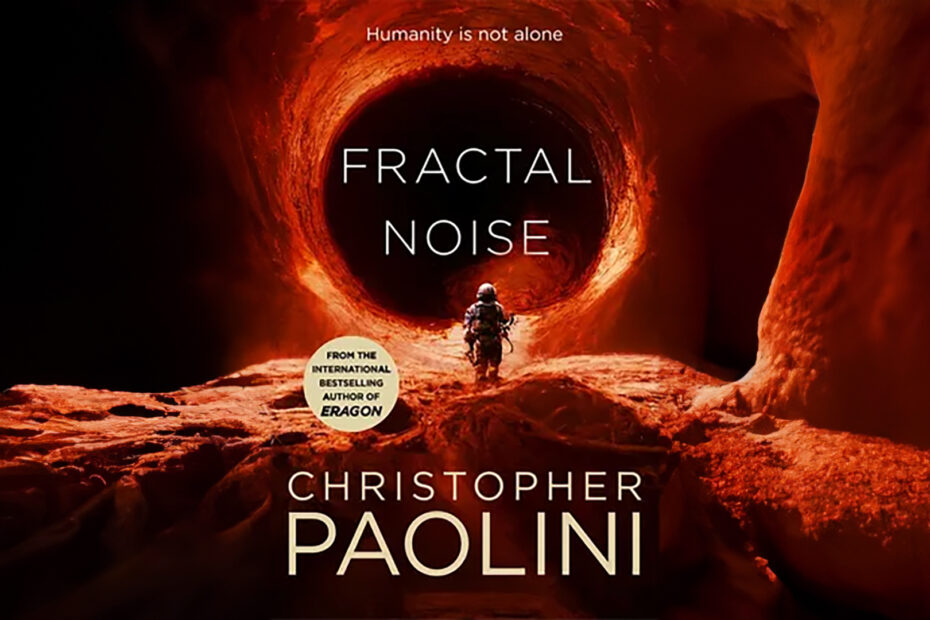Christopher Paolini’s latest addition to the Fractalverse, “Fractal Noise,” emerges as a thought-provoking prequel to the 2020 hit, “To Sleep in a Sea of Stars.” Unlike its predecessor’s grand interstellar narrative, “Fractal Noise” zeroes in on a condensed timeframe, unfolding within days on a single extraterrestrial setting.
For those familiar with “Sea of Stars,” the term ‘Anomaly’ might ring a bell. “Fractal Noise” delves deep into this mystery when the crew of the starship Adamura stumbles upon a 50km-wide perfect circular void on the desolate planet Talos VII. This void, with its unfathomable depth, isn’t just a geographical wonder but also emits a peculiar mathematical pattern into space, hence the title.
The narrative centers on an expedition by four crew members, one being Alex Crichton (distinct from the famous Crichton lineage), who is battling personal demons. Haunted by the recent demise of his beloved Layla, Alex’s mental fortitude is questionable, yet he’s determined to explore this anomaly, seeing it as a tribute to Layla.
While the vast expanse of Talos VII proves challenging due to its fierce winds and the Anomaly’s disruptive noise, the interpersonal dynamics among the crew are equally tumultuous. The tension between a devout leader and a skeptical geologist is palpable, leading to profound philosophical discourses.
However, the core of “Fractal Noise” isn’t so much about space exploration as it is a deep introspection on grief, loss, and the quest for meaning. It differs from “Sea of Stars” in its approach, offering readers a more philosophical treatise interspersed with sci-fi elements.
From a critical standpoint, the narrative occasionally stumbles with its character development and linguistic choices. The binary portrayal of faith-centric and secular perspectives feels a tad forced, and Paolini’s inclination towards rare vocabulary occasionally detracts from the reading experience. For instance, the repetitive use of ‘inexorable’ within a short span stood out.
In conclusion, “Fractal Noise,” while a commendable exploration of human emotions and existential questions, might not cater to hard sci-fi enthusiasts expecting a sequel in the same vein as “Sea of Stars.” The story’s setting could arguably have been Earth-bound, given the marginal role of its sci-fi components. Yet, for those seeking a poignant tale of personal trials, this book might resonate, despite its occasional narrative missteps.

Gladstone is a tech virtuoso, boasting a dynamic 25-year journey through the digital landscape. A maestro of code, he has engineered cutting-edge software, orchestrated high-performing teams, and masterminded robust system architectures. His experience covers large-scale systems, as well as the intricacies of embedded systems and microcontrollers. A proud alumnus of a prestigious British institution, he wields a computer-science-related honours degree.
